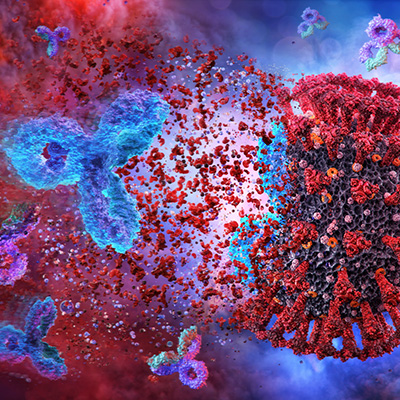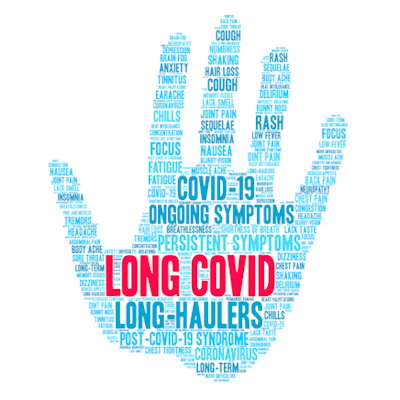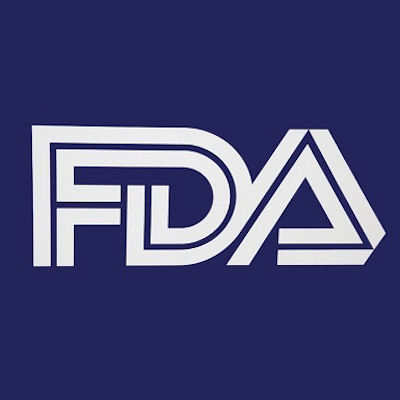July 5, 2022 -- A National Institutes of Health (NIH) study, which examined brain changes in nine people who died suddenly after contracting COVID-19, found that antibodies are involved in the attack on cells lining the brain's blood vessels, leading to inflammation and damage.
NIH researchers discovered that SARS-CoV-2 infection triggers the production of immune molecules that damage endothelial cells lining blood vessels in the brain, causing platelets to stick together and form clots. In addition, blood proteins leak from the blood vessels causing neuroinflammation and the destruction of neurons.
"Patients often develop neurological complications with COVID-19, but the underlying pathophysiological process is not well understood," said Dr. Avindra Nath, senior author of the study and clinical director at National Institute of Neurological Disorders and Stroke. "We had previously shown blood vessel damage and inflammation in patients' brains at autopsy, but we didn't understand the cause of the damage."
Nath said that the study, published on July 5 in the journal Brain, has provided "important insight into the cascade of events" leading to COVID-19 neurological complications and suggest that treatments designed to prevent the development of the immune complexes could be potential therapies.
Copyright © 2022 scienceboard.net









